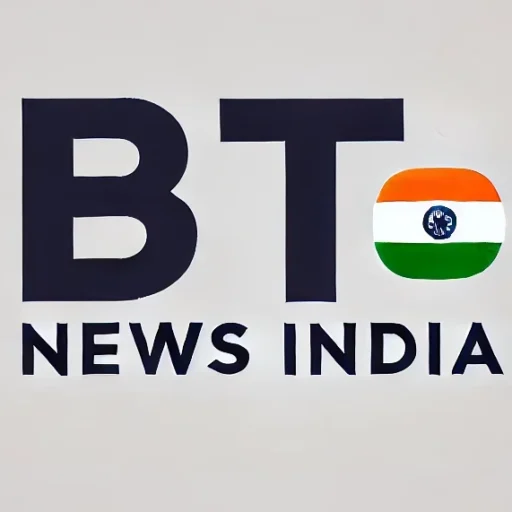The recent escalation in India-Pakistan tensions, particularly following the Pahalgam terror attack in April 2025, has introduced volatility in the Indian share market. Based on recent analyses and historical trends, here’s a concise assessment of the potential impact:
Short-Term Volatility: The Indian stock market has experienced immediate sell-offs, with the Sensex and Nifty 50 declining by approximately 0.7%-1% in recent sessions, driven by investor caution due to geopolitical risks. Intraday drops have been sharper, with the Sensex falling over 1,000 points at times. Sentiment-driven corrections are likely to persist if tensions escalate further, particularly with reports of ceasefire violations along the Line of Control (LoC) and India’s suspension of the Indus Water Treaty.
Historical Resilience: Studies, such as one by Anand Rathi Research, indicate that Indian equity markets, particularly the Nifty 50, have historically been resilient during India-Pakistan conflicts. Past events like the Kargil War (0.8% correction), Uri attack, and Balakot airstrike saw minor corrections of 1-2%. Even in a significant escalation, analysts expect a correction of no more than 5-10%, with dips typically being short-lived. The exception was the 2001 Parliament attack, where a 13.9% drop was largely influenced by a global tech meltdown rather than the conflict alone.
Sector-Specific Impacts:
Aviation and Hospitality: Pakistan’s closure of airspace to Indian carriers has negatively affected aviation stocks due to higher fuel costs and longer flight routes. Hotel stocks have also declined due to reduced tourism sentiment following the attack.
Technology and IT: Tech stocks like MphasiS, Tech Mahindra, and Infosys have shown relative strength, as they are less exposed to geopolitical risks.
Defense: Defense-related stocks, such as Bharat Electronics and Hindustan Aeronautics, may see gains if tensions lead to increased defense spending.
Sectors Vulnerable to Risk-Off Sentiment: Sectors dependent on foreign capital, sensitive to crude oil prices, or with high valuations (e.g., FMCG, IT) could face pressure if investor sentiment worsens.
Broader Economic Context: Weak earnings momentum, particularly in IT and FMCG, combined with muted Q4 earnings growth projections (8% year-on-year), could amplify market declines if geopolitical risks intensify. Global trade tensions and a potential US-China trade war de-escalation may provide some counterbalance, but domestic sentiment remains cautious.
Expert Recommendations: Analysts like G Chokkalingam from Equinomics Research advise caution but suggest that a full-scale war is unlikely, limiting the need for panic. Investors are encouraged to monitor developments closely, as a potential military standoff could lead to further instability. However, historical data suggests markets often recover quickly once tensions stabilize.
Conclusion: The Indian share market is likely to face short-term volatility with corrections of 1-10%, depending on the escalation level. While certain sectors like aviation and hospitality may underperform, tech and defense sectors could show resilience or gains. Historical trends suggest the market’s long-term trajectory remains intact, but investors should stay vigilant and avoid panic-selling. For real-time updates, tracking reliable financial news sources or market indices is advisable.
Disclaimer: This is not financial advice. Market conditions are dynamic, and investors should consult financial advisors for personalized guidance.



